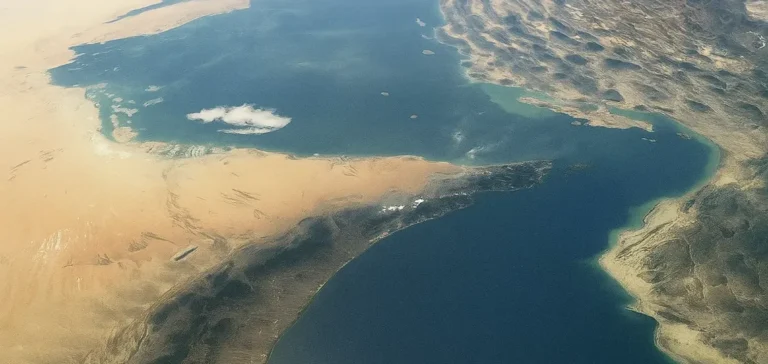The Strait of Hormuz represents one of the world’s most critical oil transit points, facilitating the daily passage of around 20 million barrels of crude oil and refined products. This figure corresponds to roughly 20% of global daily maritime oil trade. A possible closure of this strategic corridor would immediately force Gulf-exporting countries to mobilize diplomatic channels to avert an international economic and energy crisis.
Insufficient Alternatives for Producing Countries
Saudi Arabia has a significant alternative through the East-West pipeline linking Gulf oil facilities to Yanbu on the Red Sea. This infrastructure has a theoretical maximum capacity of 7 million barrels per day but currently operates at an average of only 1 million barrels daily. However, any abrupt increase in pipeline utilization would raise technical concerns, such as handling different crude oil grades, requiring extensive diplomatic discussions with importing countries to coordinate necessary adjustments.
The United Arab Emirates also possesses key infrastructure: the Habshan-Fujairah pipeline, capable of transporting 1.5 million barrels of crude daily while bypassing Hormuz. Nonetheless, this volume remains below the country’s actual requirements, estimated at over 3 million barrels exported daily. Despite developing strategic underground reserves in Fujairah, an extended closure of the strait would compel Emirati authorities to quickly activate diplomatic networks to secure additional alternative outlets.
Total Lack of Options for Several Gulf States
Unlike Saudi Arabia and the Emirates, Kuwait, Bahrain, and Qatar have no alternative routes to export their petroleum and gas production. For these countries, the entirety of their export volumes relies exclusively on the Strait of Hormuz. A prolonged diplomatic crisis could trigger major economic disruptions, necessitating rapid international intervention to attempt reopening the strategic passageway.
Iraq, the second-largest oil exporter within the Organization of the Petroleum Exporting Countries (OPEC), possesses the Iraq-Turkey Pipeline (ITP), connecting Kirkuk to Ceyhan in Turkey. Currently closed due to a political dispute with the autonomous Kurdistan region, this pipeline could represent a potential solution. Nevertheless, reopening or establishing new transit routes through Turkey would involve sensitive and complex diplomatic negotiations.
Heightened Security Risks and Geopolitical Tensions
Threats concerning the Strait of Hormuz include security risks such as naval mines and cyberattacks targeting critical infrastructure. Recently, several international maritime authorities, including the UK Maritime Trade Operations (UKMTO), reported increased electronic interferences, notably GPS disruptions, near the strait. These incidents heighten geopolitical tensions, compelling producer countries to strengthen bilateral and multilateral diplomatic dialogues.
The immediate consequences of even a partial closure would entail significant upward pressure on international oil prices, potentially rapidly reaching $100 per barrel. Facing such prospects, concerned countries must urgently intensify diplomatic efforts to avoid a complete blockage of Gulf petroleum exports.






















